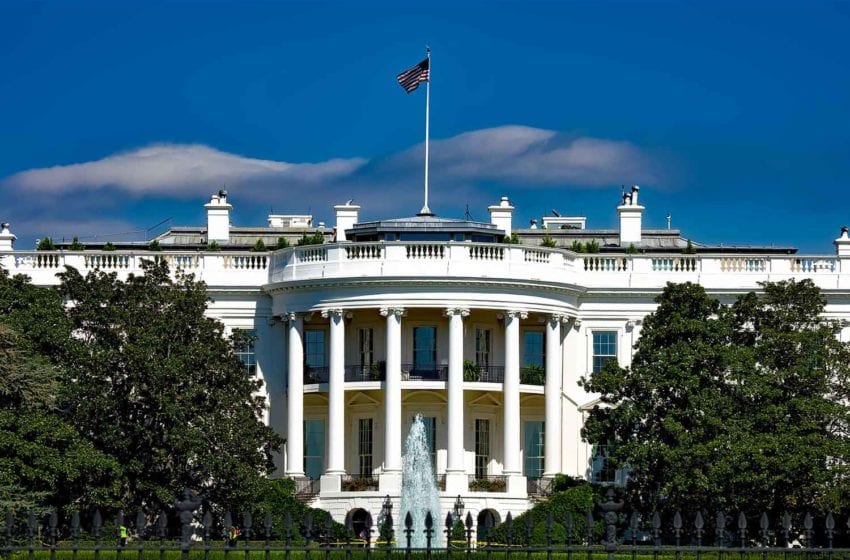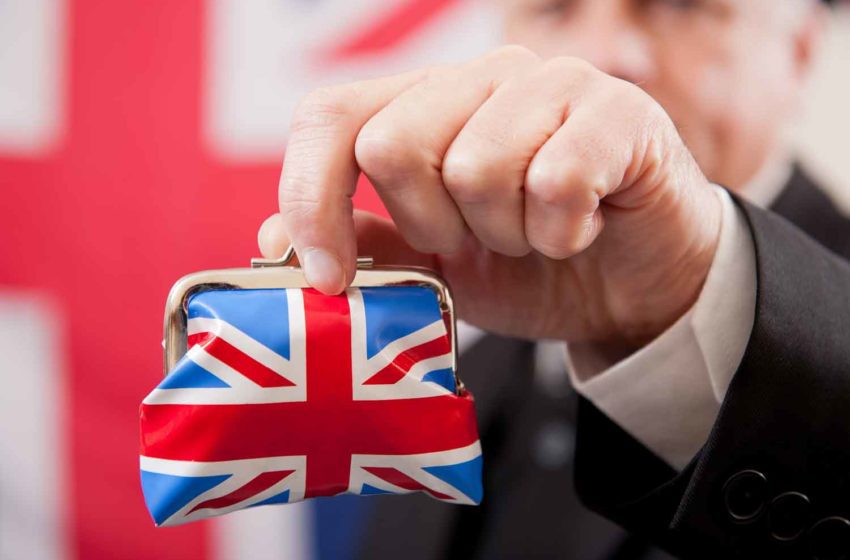Tobacco Technology, Inc. (TTI), a family-owned and operated company, is proud to announce its 50th anniversary in 2025. Founded in 1975 by Duke Cassels-Smith, the company began as a small operation specializing in the creation of high-quality tobacco flavorings. Today, it is a leading global supplier of flavor products and a key player in multiple industries, including e-liquids, shisha, cigarette, cannabis, cigar, oral tobacco, and nicotine pouches.
Under the leadership of Duke’s wife, Jeremy Cassels-Smith, and their son, George Cassels-Smith, the company has evolved into a multi-faceted enterprise. From its origins in the United States, TTI has grown to include several key divisions, including E-LiquiTech, Inc. (an e-liquid manufacturing company), Emerald Green Technology, Inc. (focused on flavoring solutions for the cannabis industry), and TTI Flavors in Assisi, Italy (a full-scale flavor manufacturing facility).
“As we continue to expand our global footprint, we remain steadfast in our commitment to driving growth and innovation within the tobacco industry,” TTI president David Johnson said. “Our strategic investments in the e-liquid and cannabis markets underscore our dedication to staying at the forefront of industry evolution, responding to changing consumer preferences, and opening new avenues for growth. The opening of our state-of-the-art manufacturing facility in Italy will enhance our ability to our global customers with greater efficiency and stability. This marks a significant milestone in our vision to lead on a global scale, delivering value to our customers, partners, and stakeholders around the world.”,
“Reaching this incredible milestone is a testament to the hard work, vision, and dedication of our team,” said Jeremy Cassels-Smith, chairwoman of Tobacco Technology. “What started as a passion project of my late husband Duke has grown into an international operation, providing exceptional flavoring solutions to the tobacco industry across the globe. We remain committed to innovation and quality, ensuring that our products continue to set industry standards.”
The company now employs over 100 professionals worldwide who are dedicated to the development, manufacturing, and rigorous quality oversight of the flavors that have made Tobacco Technology, Inc. a trusted name. Their expertise spans tobacco, e-liquids, cannabis, with a wide variety of flavor applications.
“Our family has always been at the heart of this business, and our team is like an extension of that family,” said George Cassels-Smith, CEO of the company. “As we move forward, we remain focused on the values that have guided us for five decades—integrity, quality, and a commitment to delivering flavors that our customers can depend upon.”
TTI is also proud to be a leader in sustainability and cutting-edge technology. For example, Its E-LiquiTech division makes completed e-juice formulations for its customers that utilizes pharmaceutical GMP’s and Rockwell automation, incorporating complete track and traceability and closed-loop recycling while receiving a 96th percentile EcoVadis Gold sustainability rating. Perfect every time.
To mark this momentous occasion, TTI will be hosting a celebratory event with customers, partners, and employees later this year to honor the legacy of its founder, Duke Cassels-Smith, and the company’s ongoing commitment to excellence.
As Tobacco Technology, Inc. celebrates its 50-year milestone, the company remains steadfast in its mission to provide the highest-quality, most innovative flavor solutions to its global customer base while staying true to the values that have been the foundation of its success. “We appreciate your business that has fueled this growth and we thank you for all your support over the last 50 years.”










